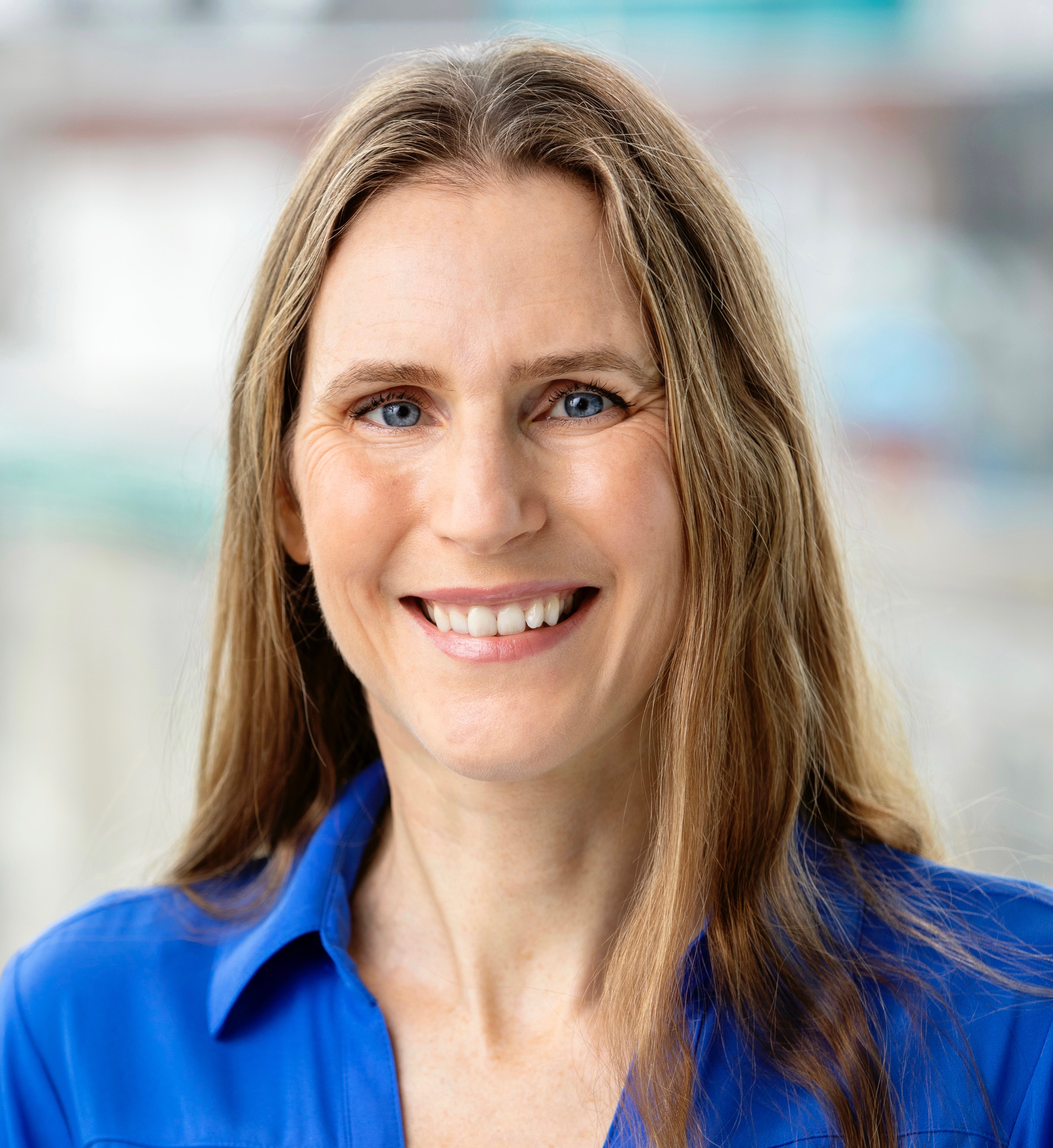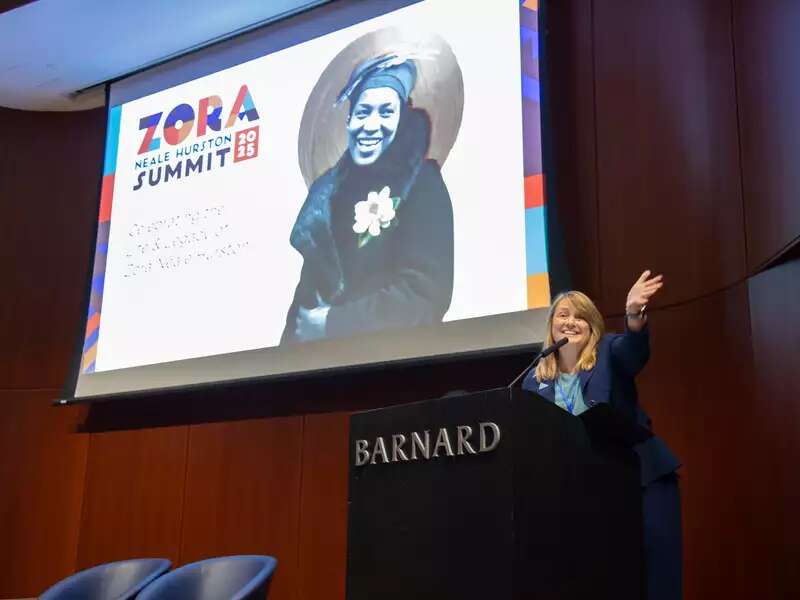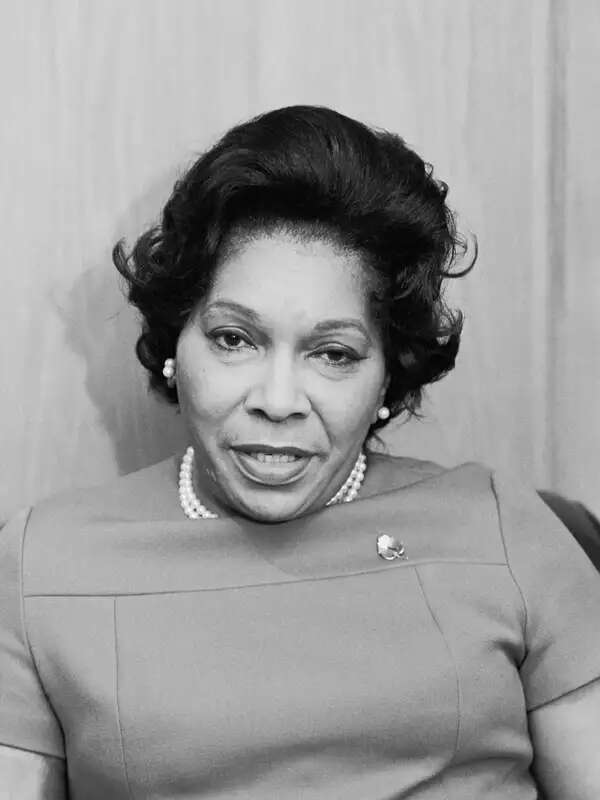 Professor of Political Science Séverine Autesserre, an expert on peacekeeping efforts in Africa and around the world, recently has contributed her expertise to several media outlets with updates on global initiatives and the ongoing elections in the Democratic Republic of Congo (DRC). Despite its long history of violence, Autesserre maintains that peace in the DRC is possible if political leaders and peacekeepers become more attuned to the needs of local citizens and to their input regarding grassroots approaches.
Professor of Political Science Séverine Autesserre, an expert on peacekeeping efforts in Africa and around the world, recently has contributed her expertise to several media outlets with updates on global initiatives and the ongoing elections in the Democratic Republic of Congo (DRC). Despite its long history of violence, Autesserre maintains that peace in the DRC is possible if political leaders and peacekeepers become more attuned to the needs of local citizens and to their input regarding grassroots approaches.
In a late-December interview with China Global Television Network, Autesserre warned that the credibility of the DRC election had been in question since campaigning began two years ago due to issues including faulty voting machine technology and violence against and among opposition parties. She said an outbreak of Ebola has also affected the process; 1.2 million citizens will not be able to vote until March, but the swearing-in of the new president would still be scheduled for January, effectively disenfranchising nearly 3% of the electorate.
Autesserre appeared on France 24 in January after provisional results of the election indicated that Felix Tshisekedi defeated both incumbent president Joseph Kabila and fellow candidate Martin Fayulu, but that impartial election monitors had cast doubt on the results. She weighed in on the rumors that Kabila had struck a secret deal with Tshisekedi in order to retain some measure of political stability and personal safety, as Fayulu was a far more outspoken opponent of Kabila. She later commented in a BBC interview on the possibility that the election monitors, if they continued to insist that Fayulu was the winner, could foment unrest and violent riots, and told Vox that “all the outside observers — the African Union, the European Union, the Catholic Church — say the results of the election have been rigged” and that riots were likely to follow. Tshisekedi was sworn in on January 24.
After publishing a popular essay on The Washington Post’s political-science blog “Monkey Cage” in October, Autesserre continued reiterating her support for bottom-up — rather than top-down — peacekeeping programs in a variety of publications and outlets. Her column in Foreign Affairs — and an interview on Al Jazeera — examined the United Nations’ flawed strategy, which “favors top-down deals struck with elites and fixates on elections” while ignoring the knowledge and potential contributions of the citizens who live in the conflict zones they police. In a lengthy interview with Russian media company RT, Autesserre explained that many peacekeepers shun working with grassroots leaders due to concerns for personal safety, lack of familiarity with the region’s languages and cultures, their relatively short stays in the countries they serve, and personal biases or prejudices against citizens. This strategy of staying in a protective bubble, she said, only exacerbates tensions between locals and peacekeepers and reduces the likelihood of meaningful change.
Autesserre is writing her next book, On the Frontlines of Peace: The Unlikely People Who Are Getting It Right, which will take a closer look at the Congolese island of Idjwi, known as one of the very few refuges from war and violence in its area of Africa. She previewed her work to Peace News Network, highlighting the inhabitants’ intentionally peaceful culture. “Every single member of the community feels that is it his or her responsibility to help build peace, rather than […] waiting for political leaders, or for United Nations peacekeepers to come and build peace. It's really taking peace into their own hands and trying to build peace on an everyday level. That's what really matters.”


